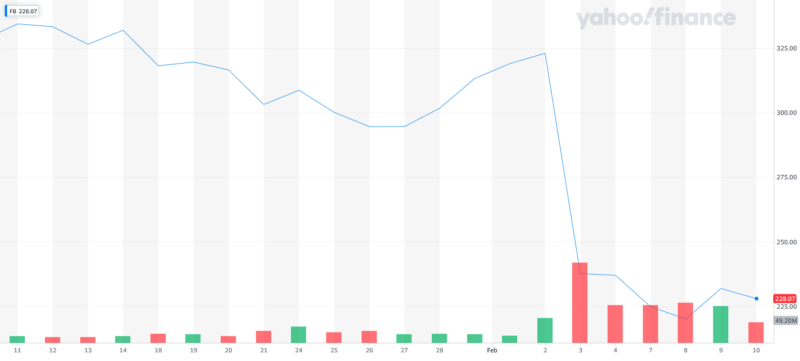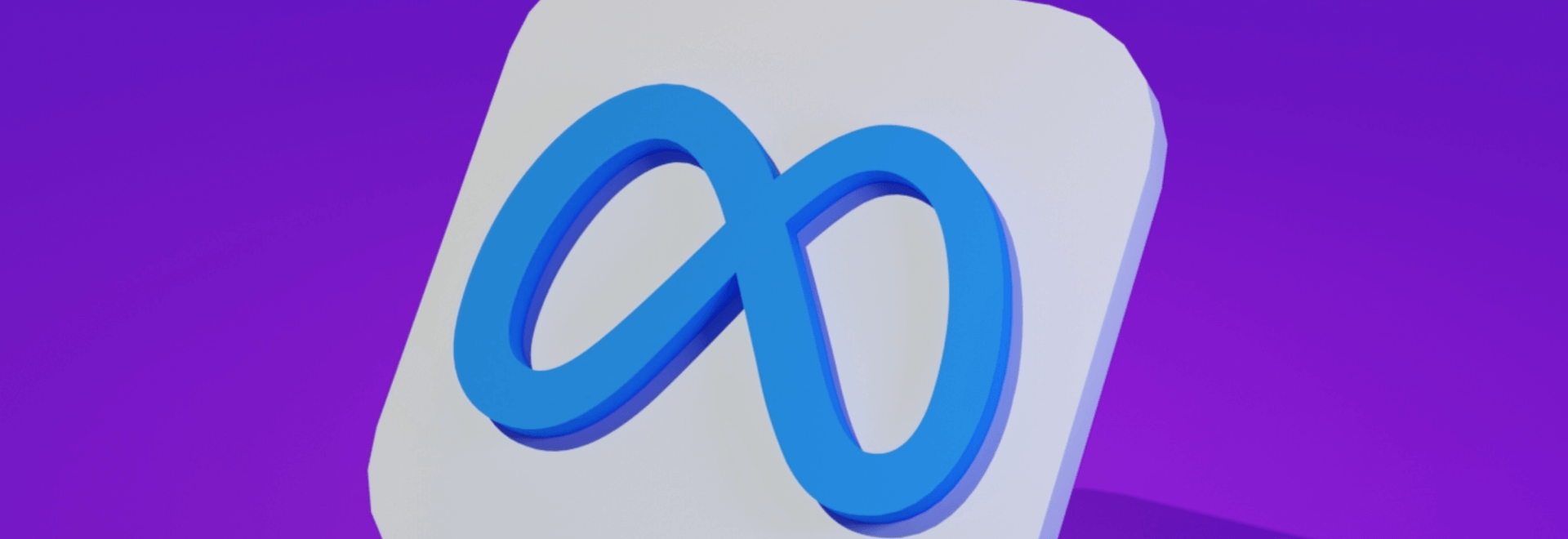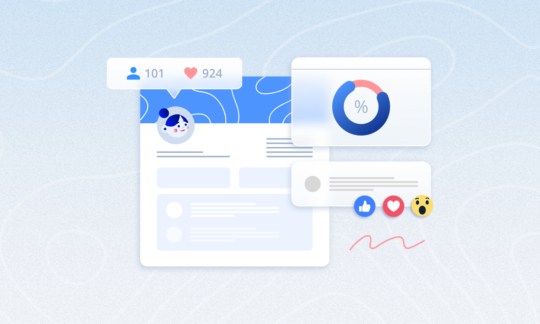The three reasons Meta is in trouble
The artists formerly known as Facebook Inc. are in trouble. This isn’t surprising to anyone. The last couple of months were absolutely brutal for the company. In this article, we’re going to take a look at the three biggest trouble spots Mark Zuckerberg’s company has had to endure in recent times — and how it impacted the company.
The “Meta threatening to leave the EU” debacle
The most recent bit of bad news is perhaps the largest potential crisis the company had to handle — at least since the Cambridge Analytica scandal. That’s when the European Union cracked down on sensitive data management for any company wanting to do business in Europe.
The GDPR forced a plethora of new restrictions on storing and handling sensitive data. For a time, Facebook seemed to comply with the new laws. Unlike most companies bound by the GDPR, Facebook is a special case — the nature of its business requires special agreements between the EU and the United States. The Safe Harbour Agreement and Privacy Shield regulation dictated the terms under which companies could transfer the private data of European users to the United States.
Unfortunately for Facebook, the European Court of Justice struck down both agreements, citing insufficient protection for European citizens. Meta took note of it in its last quarterly earnings report. They stated that if regulators couldn’t reach new agreements in 2022, well…
“(…)we will likely be unable to offer a number of our most significant products and services, including Facebook and Instagram, in Europe.”
This one statement triggered a massive chain reaction. Meta’s stock fell 25% and wiped out $240 billion dollars — the largest loss of valuation in history. Peter Thiel, one of Facebook’s first investors, cut his losses and jumped ship. European regulators taunted the company, saying they’ll do just fine without Facebook.
The company quickly issued a statement, stating they are “absolutely not threatening to leave Europe”. It didn’t help. At the end of the week, Meta stock is still down 30%.

The troubled Metaverse — losses all around and no product
The same quarterly report also noted a $10 billion loss on Meta’s metaverse project, Horizon Worlds.
This is due to many factors: low market adoption (or desirability) being key one of them. Most Americans don’t know or care about the idea, according to a YouGov poll. Even Elon Musk is mocking Meta’s efforts — and when the guy whose cars can’t open in cold weather is mocking you, that’s when you know things are dire.
Meta seemed to anticipate the reaction: in their initial metaverse pitch, they noted:
“The metaverse isn’t a single product one company can build alone. Just like the internet, the metaverse exists whether Facebook is there or not. And it won’t be built overnight. Many of these products will only be fully realized in the next 10-15 years.“
However, it remains to be seen whether they can convince people that they really do want a metaverse — or that Meta is a company that can be trusted building it. This might be harder than expected, which brings us to our next point.
The Facebook Papers reveal platform’s complicity in violence
As if its parent company wasn’t in enough trouble, Facebook — the platform, that is — also found itself in hot water last year. A whistleblower published a large set of internal documents, revealing the extent to which the platform handled its own office politics, as well as large-scale political events.
Among other things, it revealed that Mark Zuckerberg himself ordered a crackdown on dissenting views being posted in Vietnam. It confirmed speculation that lax moderation led to hate speech being proliferated in several regions — directly implicating the platform in the Tigrayan genocide last year, as well as that of the Rohingya Muslims in Myanmar in 2017.
The company also lifted several of its moderation policies in the United States following the 2020 presidential election, which directly led to Facebook being used to radicalise and recruit people for the January 6th coup attempt.
The release of the leak led to the whistleblower, Frances Haugen, to testify in both Europe and the United States about Facebook policy. This is likely to result in higher regulation, spelling further trouble ahead for the company.
Is there a path forward for Meta?
Looking forward, Meta has seemingly painted itself into a corner. The company is bleeding money on the metaverse, as its quarterly report showed. According to the Facebook papers, the platform is also bleeding users — younger millennials and Gen Z primarily.
It’s also facing extensive regulation in Europe, one of its biggest markets. The EU currently constitutes 25% of Meta’s earnings: this isn’t a market they can just up and leave.
Of course, there’s also the matter of public trust. According to a CNN poll, three out of four Americans think the company is making society worse. Misinformation scandals and political interference marked Meta’s recent years. While the company has taken some steps to clean up its act, privacy experts say it’s not enough. The company also implements measures primarily in the United States and Europe, where it has to placate lawmakers.
Unfortunately, Meta permanently attached itself to the internet infrastructure of many developing countries, where it essentially is the entire internet. Anyone interacting with the broader Web does it through Facebook first. We mentioned this a year ago, back when the company tried to strong-arm Australia. Facebook turning off some services in Australia also affected plenty of SEA nations which depend on its infrastructure for connectivity.
Meta’s stranglehold on such countries makes them unlikely to introduce legal measures intended to restrain the company. Some regimes even benefit from Meta’s lax global moderation — just look at what’s happening in India right now. As the Facebook Papers show, it’s a feature, not a bug.
As such, a bleak picture formed: if the company pushes out the metaverse to the world (whether we want it or not), people in America might have a decent experience with it. For the rest of the world, it’ll be a bleak landscape filled with hate speech and misinformation.
Maybe Andrew Garfield was right when he broke Mark Zuckerberg’s laptop in The Social Network.



